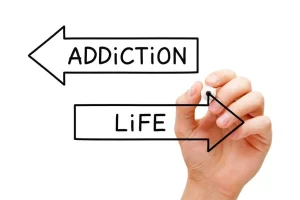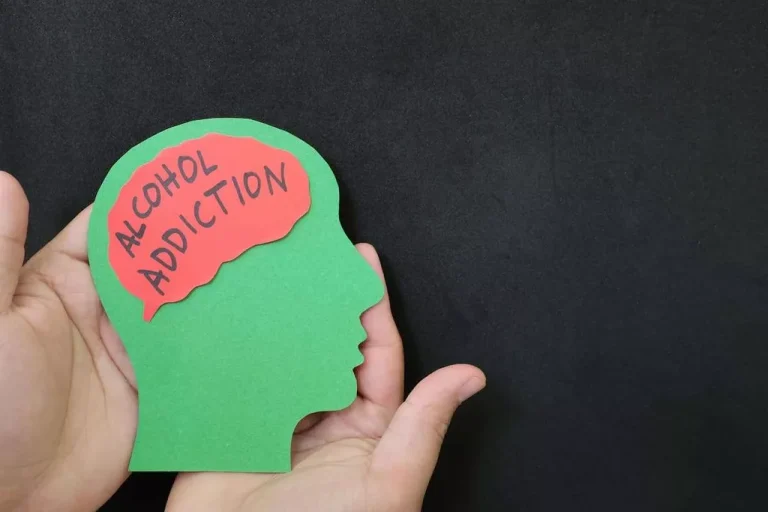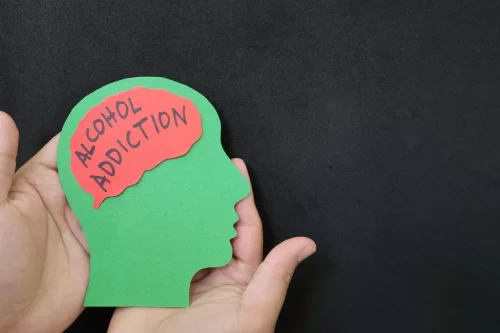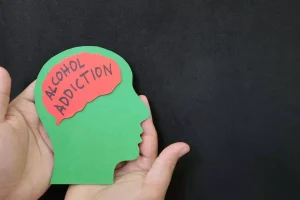
It can be hard to hold a connection with someone who appears to only think about themselves. A loved one’s drinking and selfish behavior can be devastating and cause a great deal of pain and disappointment. If you’ve ever wondered if your loved one’s issues involve only their drinking problem or may in fact involve narcissism as well, consider the following symptoms.
Rate of Recovery With Mental Illness
Narcissism and alcoholism are different conditions, but they can occur simultaneously and may share some overlapping symptoms. While both conditions can be challenging, certain approaches can help individuals overcome the potential complications of these disorders. Some individuals have both Narcissistic Personality Disorder and an active addiction. Coping with someone with a dual diagnosis can be more difficult than if that person suffered from only narcissism or untreated alcoholism. This might include joining Alcoholics Anonymous (AA) and other 12-step programs that offer nonjudgmental peer support to others living with AUD. You can also join a local support group offered by the National Association of Mental Illness (NAMI), which addresses substance use when NPD and other mental health disorders.
What Is A Narcissistic Personality Disorder?
Our results suggest that targeting thought processes in which people with AUDs are actively devaluing others may be beneficial for therapeutic intervention. The motivational interviewing approach could be used to encourage individuals suffering from AUDs to think about the are all alcoholics narcissists consequences of their choices of voicing or acting on their devaluing beliefs. With such a technique, the narcissistic individual may achieve improved quality of relationships by contrasting their ongoing maladaptive behavior with the salient awareness of their behavior’s negative consequences. Devaluing or diminishing the worth of others is how many individuals destroy their relationships, such as by drinking beyond limits at inappropriate times and letting others down. Impaired control over drinking (IC) reflects consuming alcohol beyond predetermined limits. Our results show that while grandiose-fantasy (i.e., desire for special recognition) was negatively linked to IC, devaluing was positively linked to IC.

What’s the outlook for people with NPD or AUD?

This article heroin addiction discusses the similarities and differences between people with narcissistic personality disorder and those with alcohol use disorder. Not all narcissists have problems with alcohol, but it isn’t uncommon for people with personality disorders to develop alcohol-related problems. Being in a relationship with a narcissistic alcoholic can be challenging and emotionally draining. The needs and desires of narcissistic individuals may be prioritized over those of their partner, leading to neglect and resentment. Additionally, alcohol addiction can lead to unpredictable behavior and emotional instability.

Over time, your tolerance to alcohol builds up, meaning that you need to consume more to achieve the same effects. Cravings can be powerful and persistent, sometimes leading to relapse even after a period of sobriety. It is essential for you to recognize your triggers and to manage your cravings through self-reflection, connection with support groups such as 12-step programs, and, if necessary, medications that can assist in reducing alcohol consumption. Alcohol addiction may serve as a coping mechanism or defense against feelings of guilt, inadequacy, and low self-esteem. By dampening their emotional state, alcoholics can temporarily escape from their emotional disturbances, further reinforcing their narcissistic tendencies and self-absorbed behaviors. Drinking can also numb or mask the shame they feel, impairing their ability to empathize with others or form meaningful connections.
Impacts on Relationships
- Historically, narcissism has been deemed excessive selfishness or self-admiration.
- Coping with someone with a dual diagnosis can be more difficult than if that person suffered from only narcissism or untreated alcoholism.
- In addition, the current study does not unpack which component of narcissistic devaluing (devaluing others who do not provide recognition or devaluing the self for expecting this recognition from others) is driving the relationship to IC.
- In certain situations, medications may be used to alleviate co-occurring mental health disorders.
This is a support group for people raised by abusive parents (with toxic, self-absorbed or abusive personality traits, which may be exhibited by those who suffer from cluster B personality disorders). Please share your stories, your questions, your histories, your fears and your triumphs. A common experience of those on the path to recovery from an alcoholic narcissist is the rediscovery of empathy.
Gain Control and Dominance
Some may have high self-esteem and a healthy sense of self-worth, while others may exhibit extreme narcissism and a lack of empathy for others. Additionally, there are different types of narcissism, including vulnerable narcissism and grandiose narcissism. It has been widely shown that men tend to be more narcissistic than women (Grijalva, et al., 2015). This finding may be explained by Social Role Theory (Eagly, Wood, & Diekman, 2000), which suggests that women experience greater social consequences than men for exhibiting egotistic behaviors (Tschanz et al.,1998). In addition, men consistently drink more and have more alcohol-related problems than women (Geisner, Larimer, & Neighbors, 2004). Due to these known differences, we included gender as a covariate in our model.

Diagnosing Alcoholism and Narcissism
However, research from 2014 tells us that genetics might play a part in whether some people develop NPD. It seems that many people who have NPD might also have AUD, but it’s not clear why. It’s worth noting that the DSM-5-TR doesn’t use the term “alcoholism,” but the term is still used colloquially to refer to AUD. Before we go further, it’s important to understand the terminology used in this article.
Defining Alcoholism: What It Means & How It’s Diagnosed
On the other hand, alcohol use disorder is a substance use disorder involving an unmanageable compulsion to drink and the inability to stop, despite its negative consequences. Yes, it is common for individuals with narcissistic personality disorder to struggle with substance abuse. This is because they may use drugs or alcohol to cope with feelings of inadequacy or enhance their sense of superiority. Understanding these common traits can help you deal with individuals dealing with narcissistic personality disorder, untreated alcoholism, and in some cases both. Grandiose narcissism significantly predicted alcohol use, as did male gender and social desirability. The current study explored the relationship between narcissism and alcohol use, alcohol-related problems, problem recognition, evaluation, and problem expectancies in a college population.

While there is room for interpretation, a person with NPD and/or AUD must meet a minimum standard before a diagnosis can be delivered with confidence. Making a dual diagnosis of NPD and AUD can be challenging and something that only a qualified mental health professional can make. Also, people with AUD might seem to behave similarly to people with narcissistic traits. If you think you’re misusing alcohol, or if you think you have NPD, reach out to a mental health professional. Everybody can benefit from speaking with a therapist, regardless of whether they fit the criteria for a mental health condition. Suggest that the alcoholic narcissist seek professional help to address both their addiction and narcissistic traits.


コメント